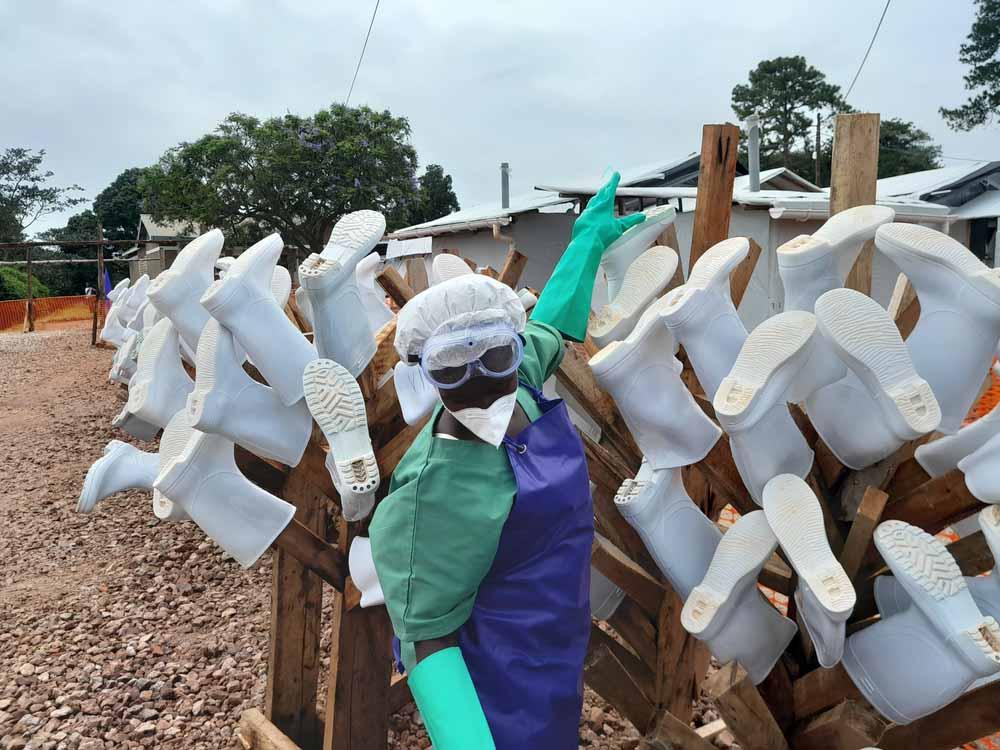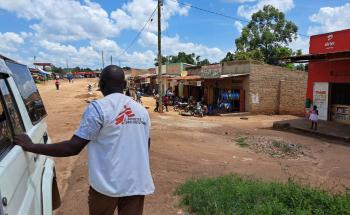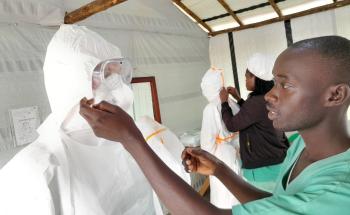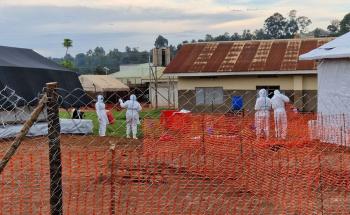Calling for sustained vigilance during the ongoing Sudan ebolavirus outbreak, international medical humanitarian organisation Doctors Without Borders(MSF) has completed a new 32-bed Ebola treatment centre next to the capital’s Mulago National Referral Hospital, bolstering crucial response capacity of the Ugandan Ministry of Health while also increasing the country’s future outbreak preparedness.
“The downward trends of this current outbreak are encouraging, but we can’t let our guard down. There is always a risk of discovering new clusters of confirmed cases toward the end, as we have witnessed during past outbreaks. Opening the new treatment centre strengthens the response to the current outbreak of Sudan ebolavirus, for which no proven vaccines and treatments exist by increasing the capacity to treat the sick. And crucially, it also helps in setting a clear and efficient response framework for future infectious disease outbreaks in Uganda,” says Jason Rizzo, MSF’s emergency coordinator in Uganda.
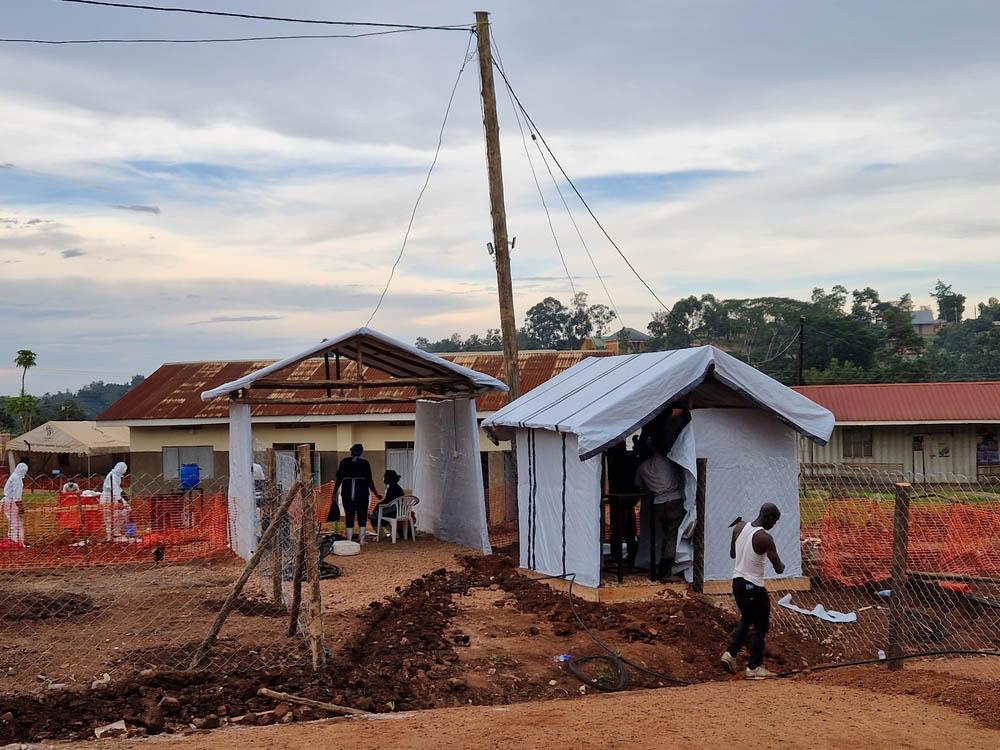
Since the emergence in September, the outbreak has seen 142 confirmed and 22 probable cases leading to 56 deaths across nine districts – including in the densely populated urban centre, Kampala. The last known Ebola case was identified on 30 November, the stillborn of an Ebola survivor mother. Should there be no new infections, the outbreak would be considered over after 42 consecutive days of no new transmissions.
Until then, responder teams from the Ministry of Health and MSF need to keep up the essential close monitoring of the remaining 46 case contacts, along with ongoing infection prevention and control measures at health facilities, community outreach and health promotion activities so people know the signs of Ebola to ensure that they can quickly be admitted to health facilities like the Mulago Ebola Treatment Centre.
The new facility, along with the prospects of Sudan ebolavirus vaccine clinical trials and experimental treatments, offers more tools in the hands of the Ministry of Health. Built by MSF within six weeks, the Mulago Ebola Treatment Centre increases the Ministry of Health’s ability to maintain the essential treatment of suspect and confirmed Ebola patients now and in the future, once the outbreak is over, by using it as a training facility for Ugandan medical staff for haemorrhagic fever outbreaks and infectious disease isolation.
